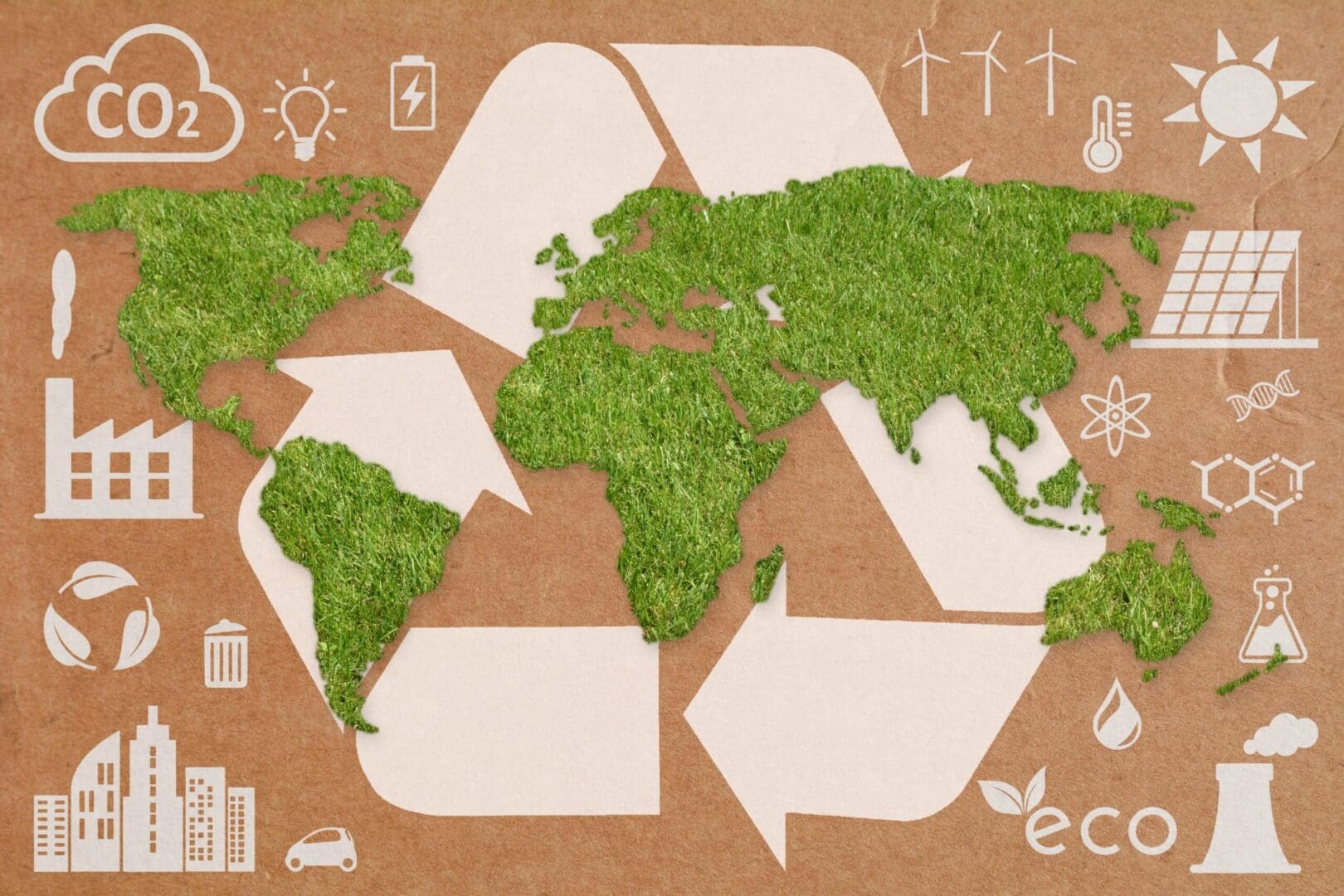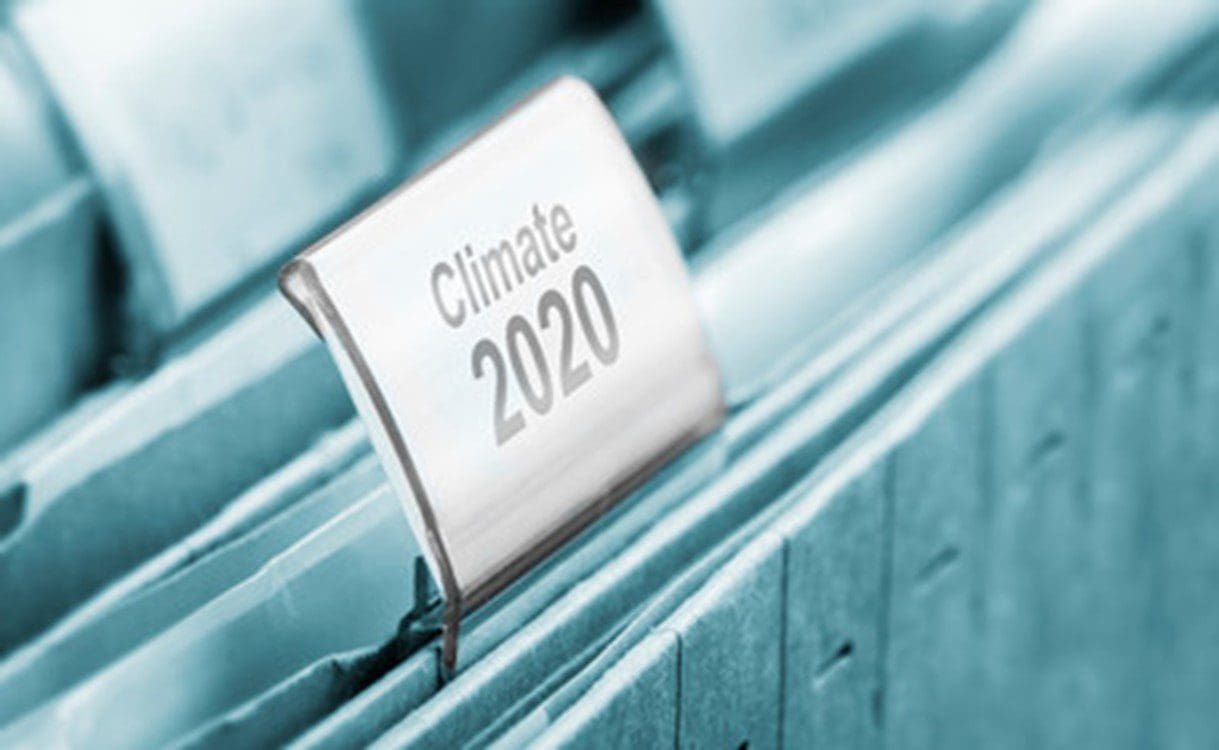How We Work

Grant Making
We provide funding to organizations to achieve measurable impact in the fight against economic barriers and environmental degradation. This is our largest funding vehicle, which would generally account for over 80% of our charitable giving. For additional information regarding grant-making, view our Public Services page.
Environmental Training
Environmental education improves decision making, leadership, and character. CHEAF training also enhances our knowledge of social justice issues where underutilized communities are able to leverage their resources in leveling the playing field. For additional information regarding training and schedules, view our Public Services page.


Climate Research
We promote and fund the development of practical scientific methods that capture the effects of climate change in terrestrial ecosystems. This entails supporting universities, climate-conscious corporations, and organizations through CHEAF membership.
Environmental Clearance Documentation
We provide environmental documentation support to local governments that have low tax revenues and/or struggle with improving their communities because of economic barriers. To request assistance with completing an environmental clearance document, view our Public Services page.


Questions
If you are unsure about whether you qualify for funding, want training, or need environmental clearance document support, please email us before completing an application. Given the demands on the time of our staff, we are unable to accept grant applications sent by email.
More About Our Process
How We Execute
In each of our programs, we’ve developed initiatives for resource and investment allocations. We will continually collect and share data on our progress, reflect on lessons learned, and make course corrections as needed. Essential to this process is ongoing dialogue with our grantees and partners—which is embedded throughout our initiatives lifecycles.
Developing Grants for Funding
- Direct Solicitation
- Discussion
- Request for Proposal (RFP)
How We Collaborate With Our Partners and Grantees
We do all of our work with grantees and other partners, who with our funding push for solutions and embrace the knowledge of science and technology. We strive to engage with our grantees and partners in a spirit of trust, candid communication, and transparency. Our collective efforts also depend on the support and resources of governments, the private sector, communities, and individuals.
